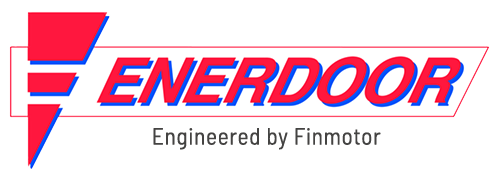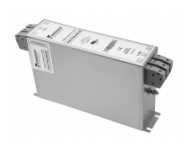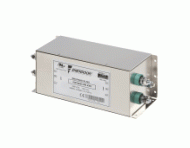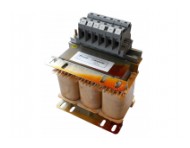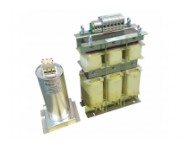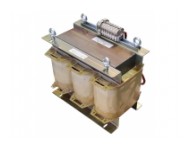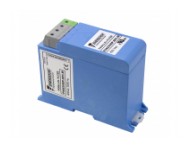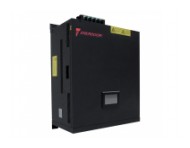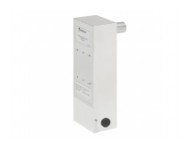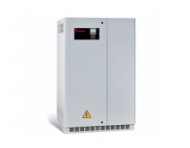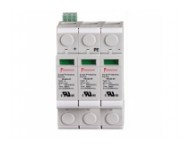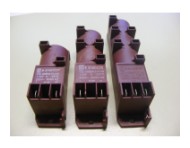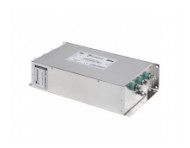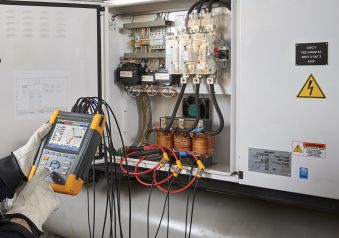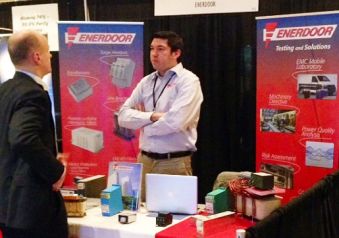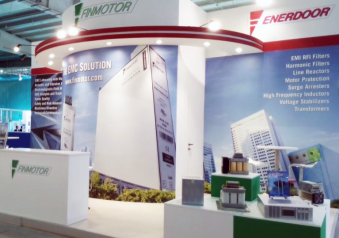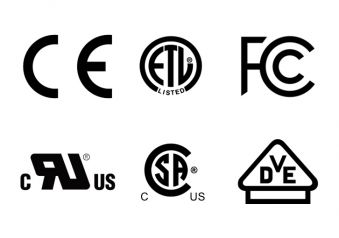FCC
Unintentional radiators are regulated by having levels and limits of electric noise that are allowed to be emitted.
The Federal Communications Commission in the United States approves limits for electromagnetic interference that a device is allowed to emit. While it does not hold the same legal weight outside of the United States as other certification marks (such as CE), it is still recognized and applied to products worldwide.
The FCC mark is different than the CE, ETL or similar marks in that it is only applicable to products that contain radios. Intentional radiators like WiFi, Bluetooth or other similar wireless communication protocols are permitted, so long as they are registered and regulated by the FCC. Unintentional radiators are regulated in a similar way to CE, by having levels and limits of electric noise allowed to be emitted.
Another difference when compared to the CE mark is that CE requires safety testing in addition to the EMC testing, while FCC only requires EMC testing to be done before applying an FCC mark.
